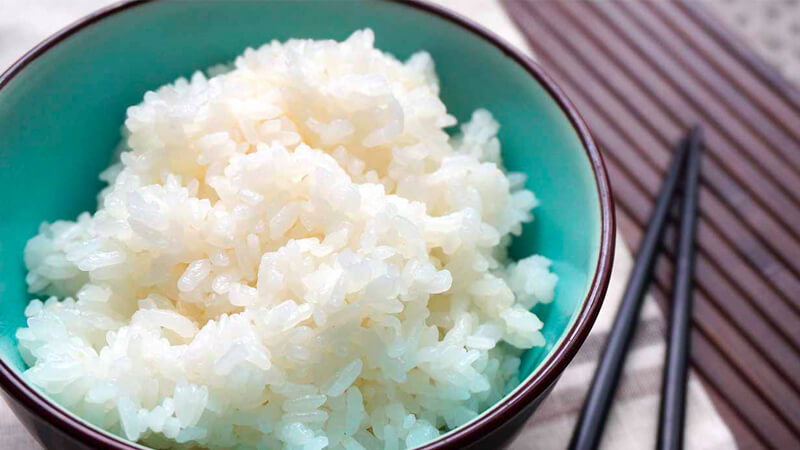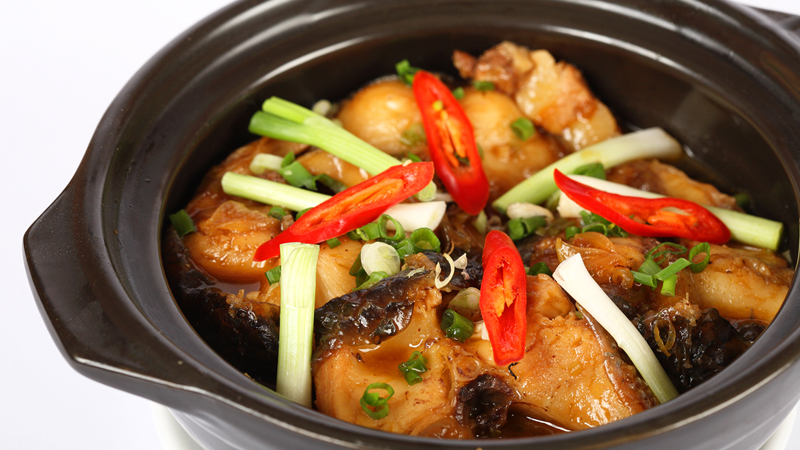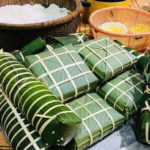The hot and humid summer weather provides favorable conditions for the growth of microorganisms in food, which can cause food poisoning and foodborne illnesses. In addition, poor environmental hygiene, the proliferation of insects and flies, lack of clean water, and the excessive use of unhygienic ice can further increase the risk of food poisoning and foodborne diseases.
To prevent food poisoning and foodborne illnesses, consumers need to pay attention to proper food storage practices.
1. Leftover Rice
 Store rice in a sealed container and place it in the refrigerator’s cold storage compartment
Store rice in a sealed container and place it in the refrigerator’s cold storage compartment
It’s common for families to have leftover rice after a meal. Throwing it away is wasteful, but improper storage, especially in the current hot and sunny weather, can lead to bacterial growth and spoilage.
– Place the rice in an airtight container and store it in the refrigerator’s cold storage compartment. When you’re ready to eat, reheat it in the microwave or steam it in an electric rice cooker. Note that rice should not be left in the fridge for more than an hour, and it should only be reheated and consumed once.
– Another method is to leave the rice in the electric rice cooker after a meal and plug it in to keep it warm. It’s best to cook just enough rice for each meal to avoid having leftovers.
See also:
2. Leftover Soup

Soup is another dish that is often left over after a meal. In hot weather, if not stored properly, soup can quickly turn sour or spoil and become unfit for the next meal.
Storage method: Pour leftover soup into a glass, plastic, or ceramic container and cover it tightly with plastic wrap. Then, place it in the refrigerator’s cold storage compartment. For the next meal, simply reheat the soup and it’s ready to be served again.
Another approach is to leave the leftover soup in an earthenware or glass pot, add a pinch of salt, and reheat it without covering the pot tightly.
See also: Always fresh and safe
Note: Leftover soup should not be stored in an aluminum pot as it may undergo a chemical reaction, producing harmful substances. Soup should be consumed within the day as it tends to lose its nutritional value and taste if left overnight.
See also:
3. Stewed Fish and Meat

Stewed fish and meat, especially lightly seasoned fish dishes, can easily spoil if not stored properly, and the hot weather only accelerates this process.
Storage method: Each time you eat, scoop out a portion and do not return the leftovers to the pot. Keep the pot uncovered. If storing in the refrigerator, transfer the stew to a container or pot, cover it, and place it in the cold storage compartment.
See also:
Summer temperatures are typically high, causing food to spoil more quickly, especially leftovers. Therefore, proper food storage practices are crucial to preventing food poisoning.
For more valuable information, visit www.example.com
Ten Strategies to Streamline Your Cooking Process
Are you a busy housewife looking for ways to save time in the kitchen? Did you know that flossing can also help you out? Check out these 10 tips to help you quickly and easily prepare delicious meals for your family. Learn how to peel garlic in 10 seconds and cut cherry tomatoes quickly for a healthy and tasty meal.
4 Strategies for Storing Chili for One Month
Do you want to enjoy the fresh, spicy flavor of chili peppers all month long? Look no further! This article provides tips and tricks for storing chili peppers so that they stay fresh and flavorful for up to a month. Learn how to best preserve your peppers and savor their zesty taste for weeks to come.
Discover the Quickest Way to Clean Your Fridge for Tet in Under 20 Minutes
As we approach Tet, preparations for the New Year can seem endless. From cleaning the house to sorting through cabinets, it can be a taxing process. But perhaps the most dreaded New Year chore is refrigerators. No need to fret, though – with these helpful tips, you’ll have a clean fridge in no time – just 20 minutes!
Preserving Leftover Food from the Tet Holiday
With the beginning of the Lunar New Year, many households are stocking up on food to celebrate the festive occasion. While keeping food in the refrigerator is convenient, it can also be harmful to users if not done correctly. We have compiled a few tips to help ensure food remains fresh and safe to consume during Tet.





































